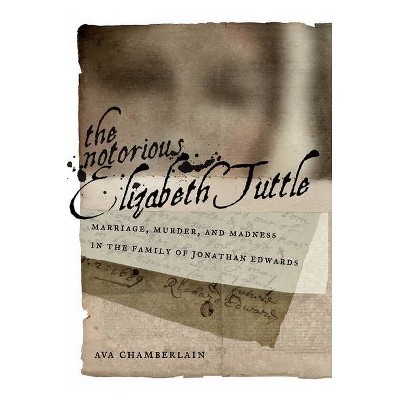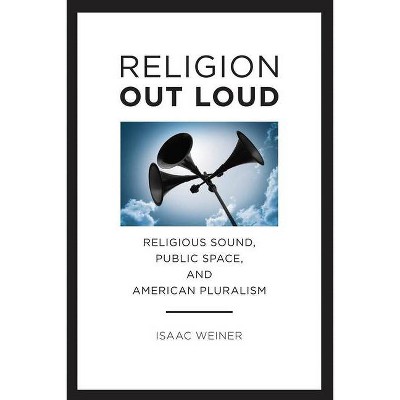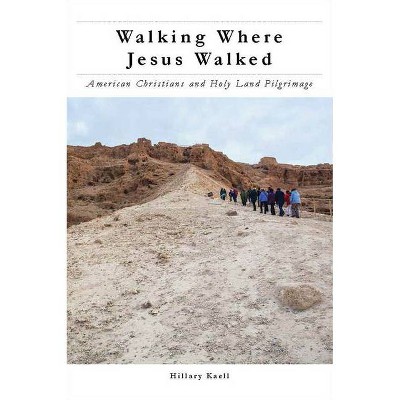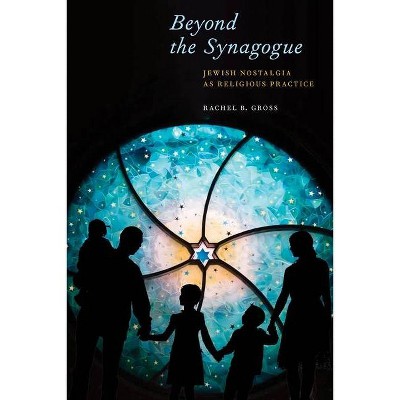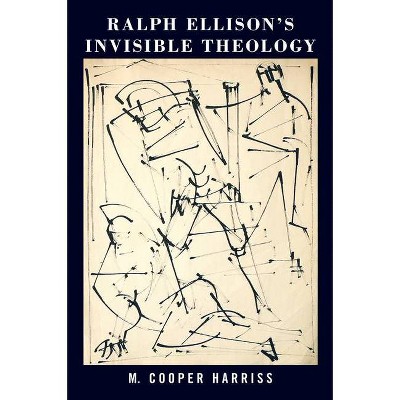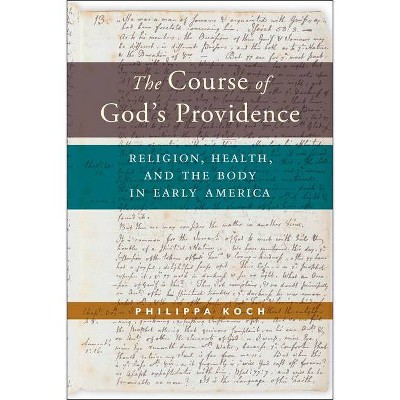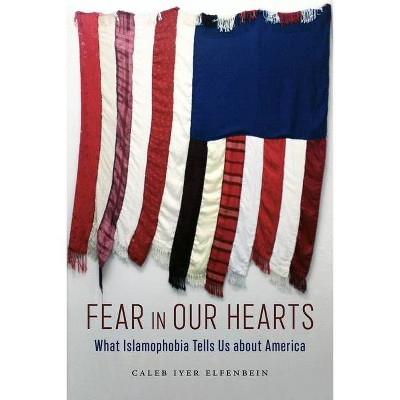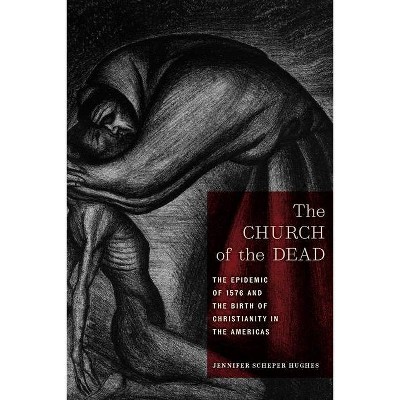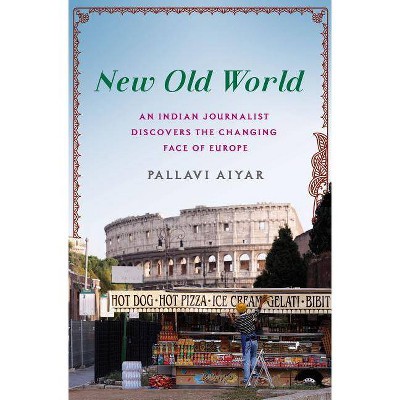Old Canaan in a New World - (North American Religions) by Elizabeth Fenton (Hardcover)
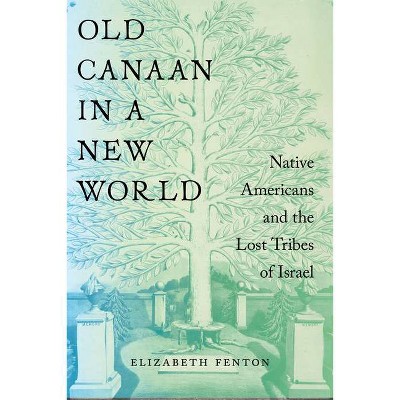
Similar Products
Products of same category from the store
AllProduct info
<p/><br></br><p><b> About the Book </b></p></br></br>""Old Canaan in a New World" critically examines the relationship between Native Americans and the "lost tribes of Israel.""--<p/><br></br><p><b> Book Synopsis </b></p></br></br><p><b>Were indigenous Americans descendants of the lost tribes of Israel?</b> <p/>From the moment Europeans realized Columbus had landed in a place unknown to them in 1492, they began speculating about how the Americas and their inhabitants fit into the Bible. For many, the most compelling explanation was the Hebraic Indian theory, which proposed that indigenous Americans were the descendants of the ten lost tribes of Israel. For its proponents, the theory neatly explained why this giant land and its inhabitants were not mentioned in the Biblical record. <p/>In <i>Old Canaan in a New World</i>, Elizabeth Fenton shows that though the Hebraic Indian theory may seem far-fetched today, it had a great deal of currency and significant influence over a very long period of American history. Indeed, at different times the idea that indigenous Americans were descended from the lost tribes of Israel was taken up to support political and religious positions on diverse issues including Christian millennialism, national expansion, trade policies, Jewish rights, sovereignty in the Americas, and scientific exploration. <p/>Through analysis of a wide collection of writings--from religious texts to novels--Fenton sheds light on a rarely explored but important part of religious discourse in early America. As the Hebraic Indian theory evolved over the course of two centuries, it revealed how religious belief and national interest intersected in early American history.</p><p/><br></br><p><b> Review Quotes </b></p></br></br><br><p>This is an important study of the confluence of science, religion, and racial constructs in search of a sacred<br>truth.</p>-- "Choice"<br><br>[T]he appeal of Fenton's book lies mostly in its materials, which are fascinating.-- "The Forward"<br><br>A capacious and far-reaching history of the enduring national myth identifying American indigenous peoples as the Lost Tribes of Israel. In an account ranging from the seventeenth century to the current vogue for genealogical DNA testing, Elizabeth Fenton recovers an extraordinary archive of influential but often-overlooked materials-- among them scripture, ethnography, and novels--to show the origins and uses of this national and religious fantasy. In lively, lucid prose, Fenton explains how this national myth has persisted despite the lack of any corroborating evidence, and this ambitious, deeply learned study offers an essential analysis of an oddity in erroneous American history. <i>Old Canaan in a New World</i> is extraordinary scholarship and an important contribution to the field.--Claudia Stokes, Trinity University<br><br>From 'first encounter' to contemporary science, <i>Old Canaan in a New World</i> breathes new scholarly life into the centuries-old theory concerning the Israelite origins of Native Americans. With a fresh view, new evidence, and great care for detail and nuance, Elizabeth Fenton turns the story from an early-modern European fantasy into a compelling modern American story. A must-read in the history of American religions.--Zvi Ben-Dor Benite, author of The Ten Lost Tribes: A World History<br>
Price History
Price Archive shows prices from various stores, lets you see history and find the cheapest. There is no actual sale on the website. For all support, inquiry and suggestion messagescommunication@pricearchive.us
